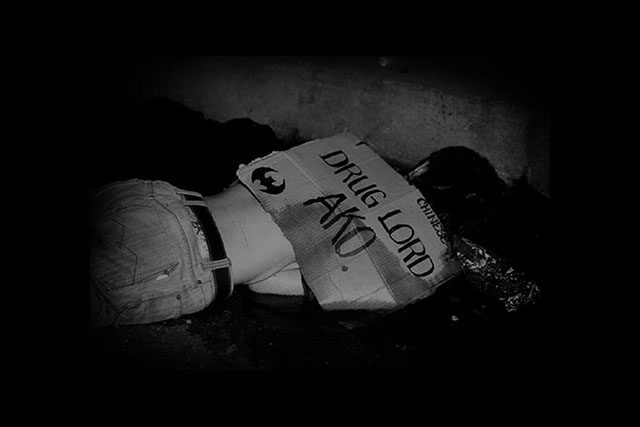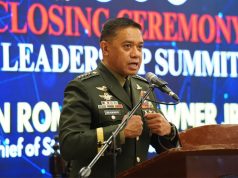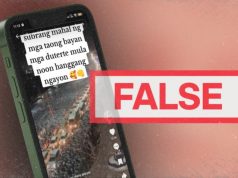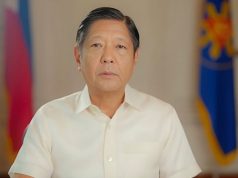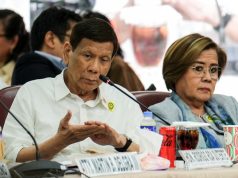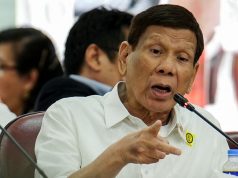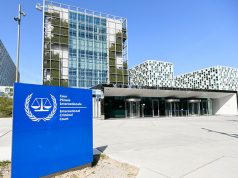MANILA — When Jocelyn Marquez found her missing son, he was in a Manila morgue, his body riddled with bullet wounds.
John Ryan Marquez, 24, was shot dead at the weekend by Philippine police who said he was a drug dealer who pulled a gun on undercover officers posing as buyers.
Less than a year earlier, Marquez, a motorcycle taxi driver, had appeared on a controversial “watch list” of alleged drug users and reported to the authorities to seek rehabilitation.
His mother is struggling to accept the police version of events but is too scared and too poor to challenge it.
“We are so poor, sometimes we have nothing but cooking oil and soy sauce to eat with rice. How could he possibly sell drugs?” Marquez said, sitting beside her son’s coffin at his wake.
“I want to fight for him but I’m scared that whoever did this will come back for us.”
It’s a scenario that has played out thousands of times during President Rodrigo Duterte’s bloody war on drugs, so often that the U.N. Human Rights Council on Thursday approved a resolution to set up an investigation.
The resolution followed international lobbying by Filipino lawyers and activists, whose calls for accountability and police scrutiny have been largely ignored at home, attracting fierce resistance and vilification by Duterte and his diehard support base.
Rights groups have hailed the U.N. vote as a small but significant step towards accountability for what they say amount to crimes against humanity — systematic cover-ups, planted evidence and summary killings by police operating with impunity.
“At the very least, this creates new space to put pressure on. We hope this renewed scrutiny can focus some attention here so the perpetrators will think twice or three times before doing what they do,” Chito Gascon, chairman of the Philippine Commission on Human Rights, told Reuters.
“There’s now a platform for alternative voices… This puts the government on notice — the international community is watching.”
U.N. human rights chief Michelle Bachelet will report her findings to the council on June 2020.
Stop the killings
The investigation is being welcomed by victims, including Emily Soriano, whose 15-year-old son, Angelito, was among seven people killed in a house by masked men looking for a suspected drug dealer.
“I know this will not be quick and easy, but we are hoping that we can get justice over time,” said Soriano.
“For now, I just hope the killings will stop.”
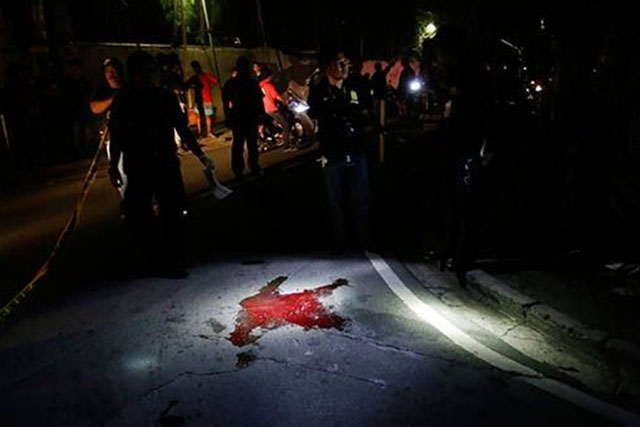
Blood of an extrajudicial killing victim in a crime scene.(Philstar/File photo)
Presidential spokesman Salvador Panelo lashed out over the decision to investigate, calling it “intrusive abuse” by the West.
He said Filipinos overwhelming backed Duterte and were “grossly and thoroughly insulted” by a resolution that was based on distorted accounts of how his war on drugs was being fought.
The authorities deny that executions have taken place and say all 6,600 people killed by police were drug suspects who were all armed and had resisted arrest.
Duterte has previously told the police to kill “idiots” who refuse to go quietly, and in February warned his signature campaign could get even bloodier in the second half of his presidency.
Human rights groups say Duterte’s bellicose rhetoric has created an enabling environment for as many as 27,000 drug-related killings to take place during his presidency, and regard as suspicious a pattern of mysterious and largely unsolved murders of alleged users and peddlers. The authorities deny any involvement.
Among those deaths was Amelia Faustino, 43, shot dead in the street 10 days ago, a year after being released from a three-year prison sentence for drugs offenses.
Her mother, Rosita, sitting next to her daughter’s casket at her wake, said she voted for Duterte and supported his governance.
“I don’t blame anyone but the man who killed my daughter,” she said.
Duterte has yet to say whether he would give approval for international investigators to operate in the Philippines.
His spokesman said such a probe would be humiliating for investigators and the 18 countries that backed the resolution because they would find no evidence of atrocities.
Ronald dela Rosa, an outspoken senator and Duterte’s top commander in the bloodiest chapter of the war on drugs, said investigators were welcome because allegations of extrajudicial executions and state-backed killings were nonsense.
“You come here and cut my head off if this is state-sponsored,” he told reporters. “End of conversation.”
— Writing by Eloisa Lopez and Martin Petty; Additional reporting by Neil Jerome Morales; Editing by Nick Macfie

